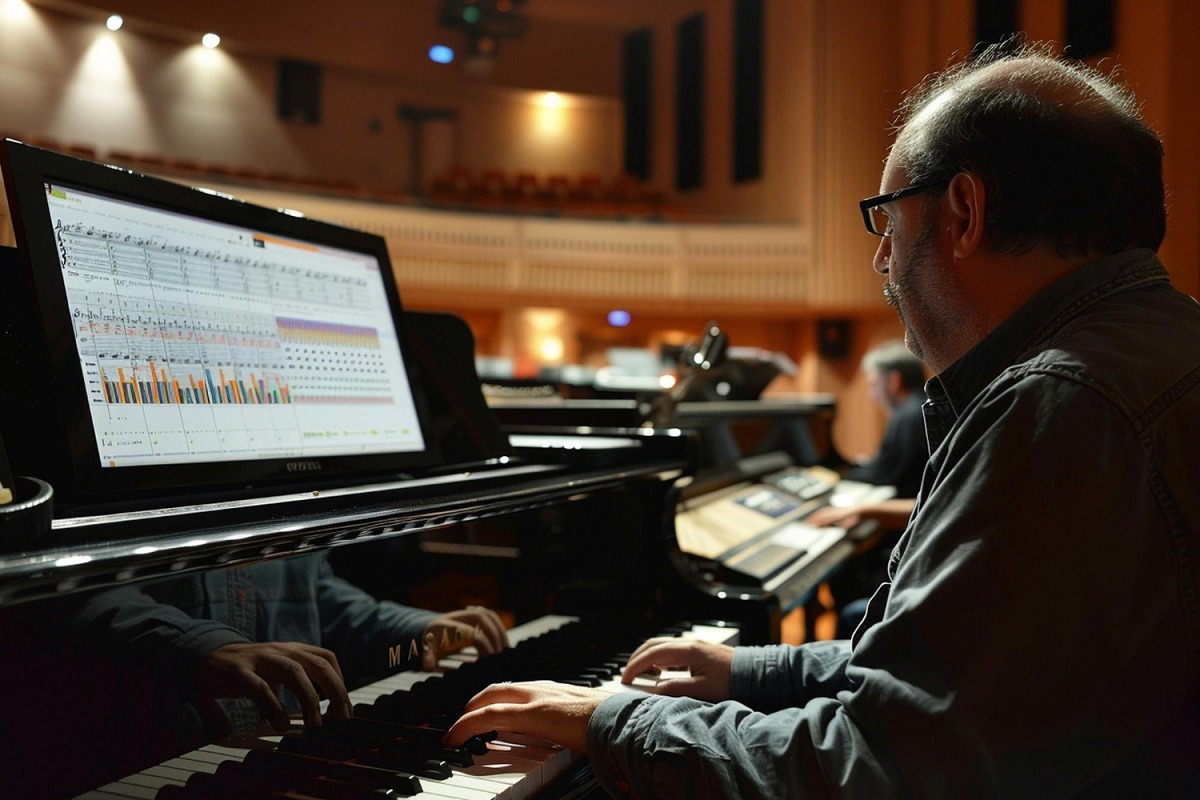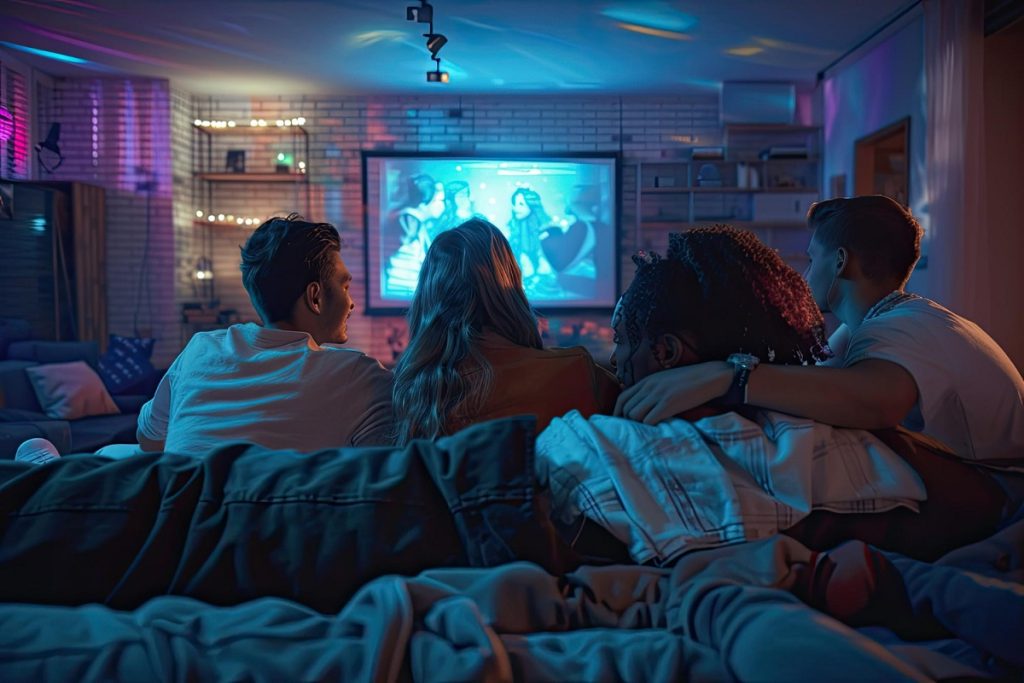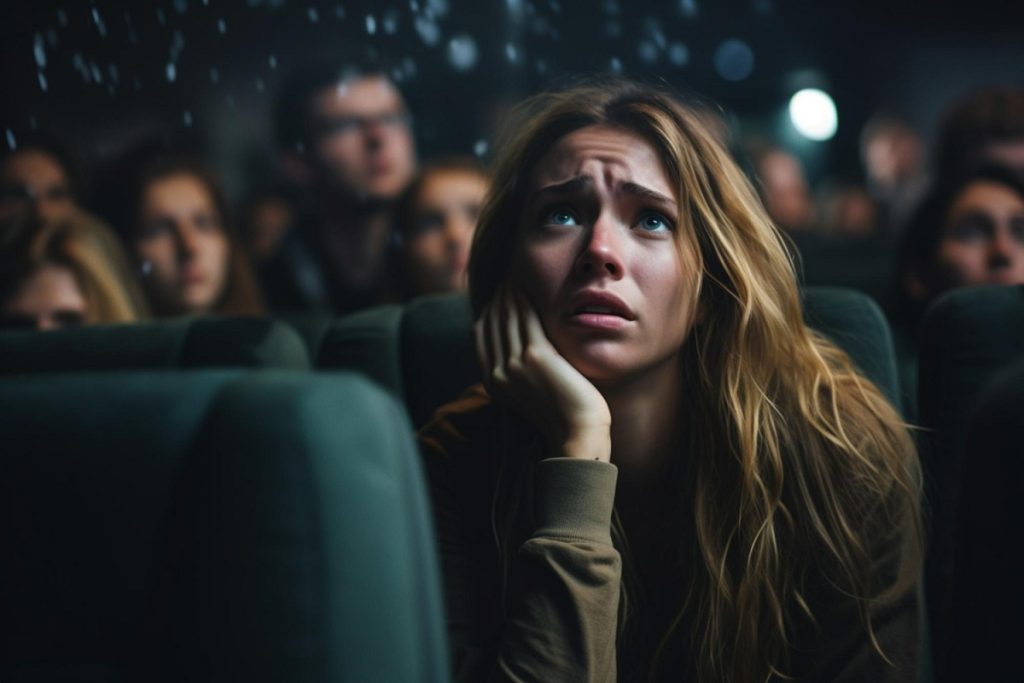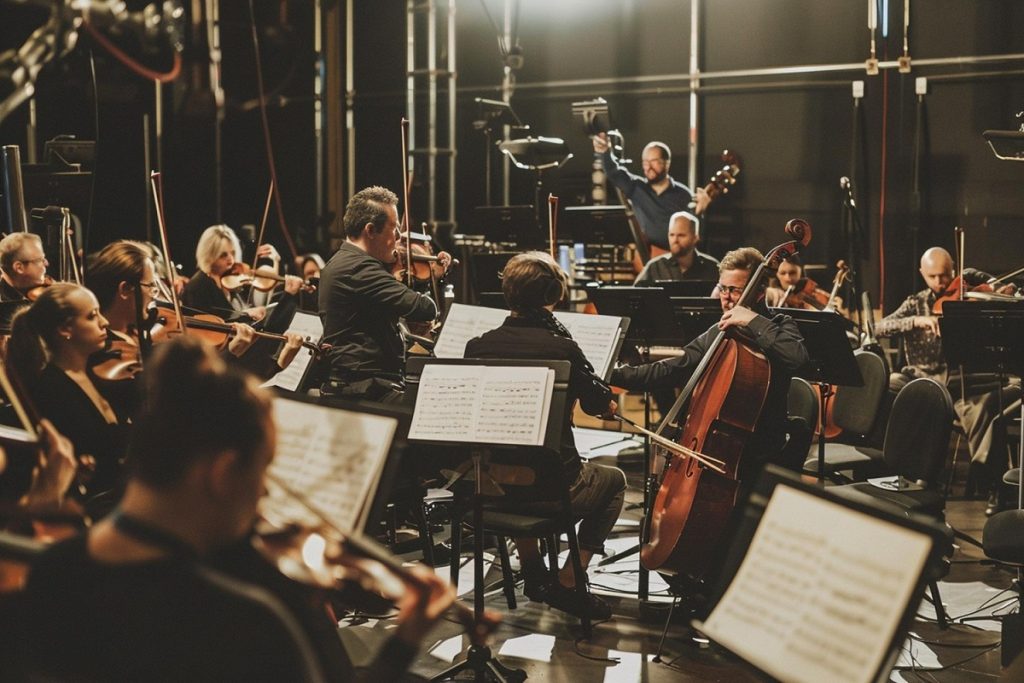Film scores and soundtracks are not just background music; they are integral to the storytelling process, enhancing emotional depth and driving the narrative forward.
This article explores the top 10 composers who have masterfully used music to shape cinematic experiences, leaving indelible marks on culture and history.
The profound impact of film scores
Film music sets the tone and influences the audience’s emotional response. A well-composed score can elevate a scene’s impact, making moments unforgettable.
From building tension to providing relief, the strategic use of music is key to effective storytelling in cinema.
Top composers and their legendary works
1. John Williams
Known for his work in some of the most iconic films in history, John Williams has crafted scores that continue to captivate audiences worldwide. His compositions for Star Wars, Jaws, and Indiana Jones are particularly notable for their ability to create memorable, emotionally resonant experiences.
2. Hans Zimmer
Hans Zimmer’s innovative use of technology and orchestration has revolutionized film music. His scores for Inception and The Dark Knight series have pushed the boundaries of film scoring, adding depth and complexity to the narrative layers.
3. Ennio Morricone
The late Ennio Morricone, an Italian maestro, brought a distinctive sound to the world of film music, especially in the Western genre. His score for The Good, the Bad and the Ugly is legendary, characterized by its innovative mix of instruments and haunting whistles.
4. Bernard Herrmann
Bernard Herrmann, closely associated with Alfred Hitchcock, created some of the most tension-filled scores in cinema history. His work on Psycho, particularly the shower scene, is profoundly impactful, masterfully using dissonance to heighten suspense.
5. Howard Shore
Howard Shore’s extensive work on The Lord of the Rings trilogy showcases his ability to use leitmotifs that enrich the epic narrative, weaving a complex musical tapestry that reflects the diverse cultures of Middle-earth.
6. Danny Elfman
Danny Elfman’s unique style, filled with whimsical and dark elements, is best exemplified in his collaborations with Tim Burton. Scores for Edward Scissorhands and The Nightmare Before Christmas highlight his talent for capturing the fantastical elements of the visuals.
7. Jerry Goldsmith
Jerry Goldsmith’s versatility allowed him to create widely varied scores, such as the futuristic ambient soundscape of Blade Runner and the powerful orchestral melodies of Star Trek: The Motion Picture.
8. Alexandre Desplat
Alexandre Desplat’s ability to integrate different musical styles and instruments has resulted in some of the most memorable scores in recent cinema, like his nuanced, delicate compositions for The Shape of Water.
9. James Horner
James Horner’s emotive style helped define the sonic landscapes of 90s cinema. His score for Titanic is particularly noted for its ability to capture both the grandeur and tragedy of the film.
10. Thomas Newman
With a knack for subtle, evocative soundscapes, Thomas Newman’s scores, such as those for American Beauty and Shawshank Redemption, stirs deep emotional currents that resonate with the internal dynamics of the characters.
The composers listed have each changed the landscape of film music in unique ways, enhancing our cinematic experiences immeasurably.
Their work transcends mere accompaniment to act as a vital force in storytelling, demonstrating the power of music in film to echo across generations.
Exploring their diverse bodies of work offers not only an insight into the craft of film scoring but also into the emotional core of the films themselves.
These composers elevate simple melodies to iconic status, making them an integral part of film history.






